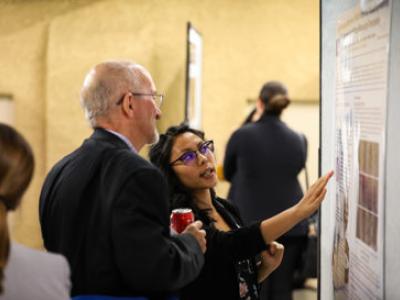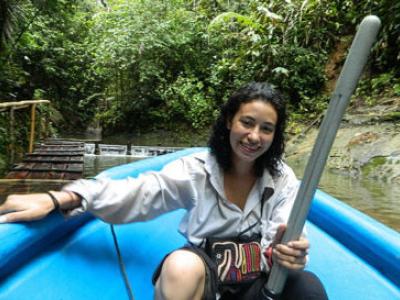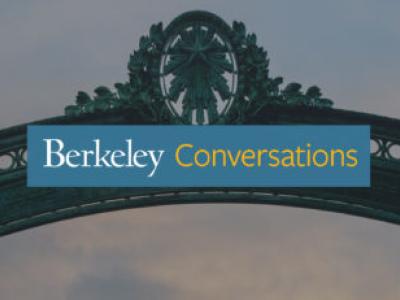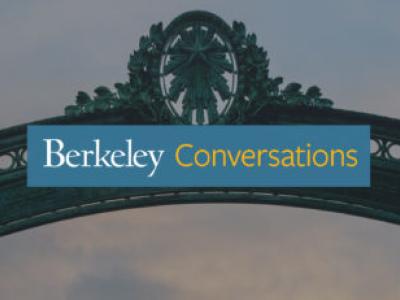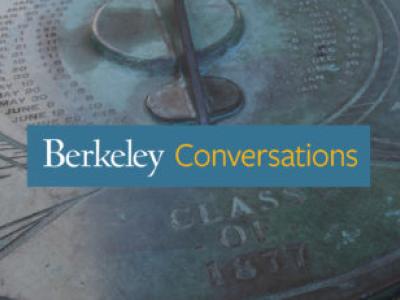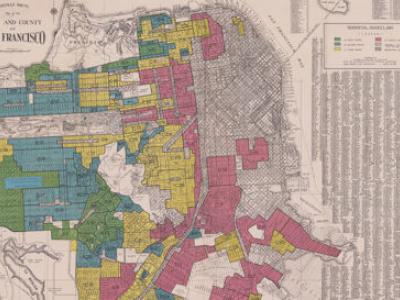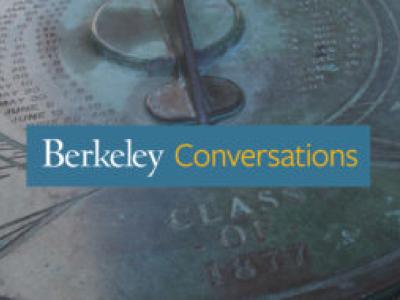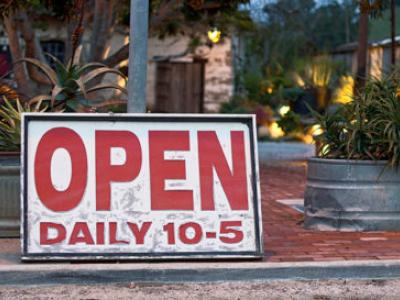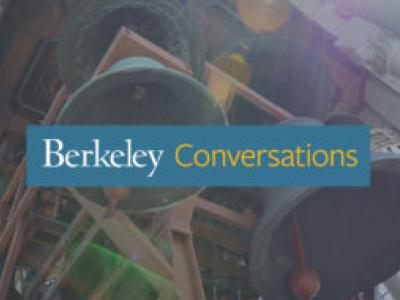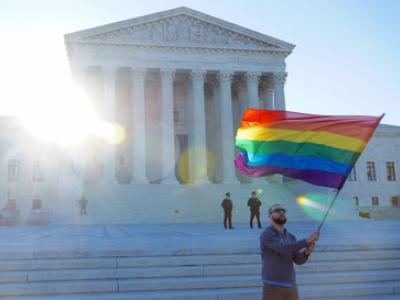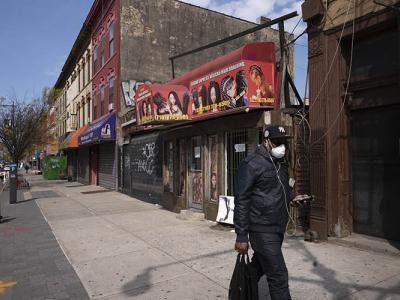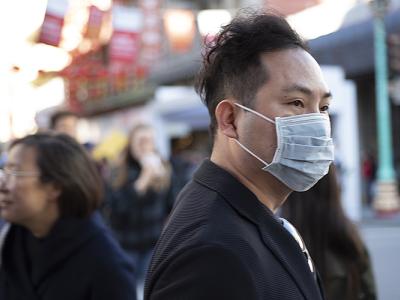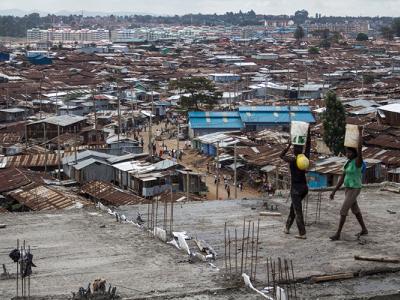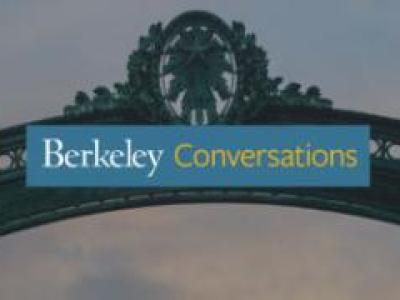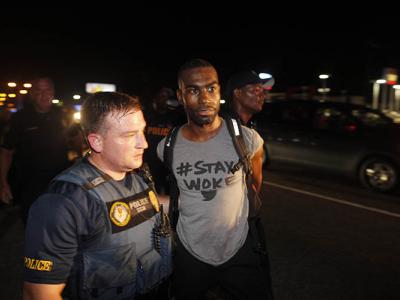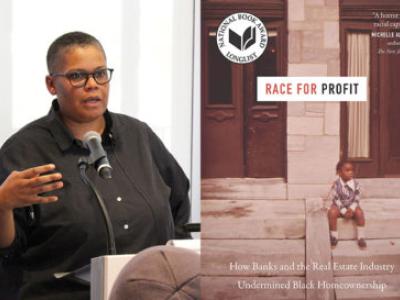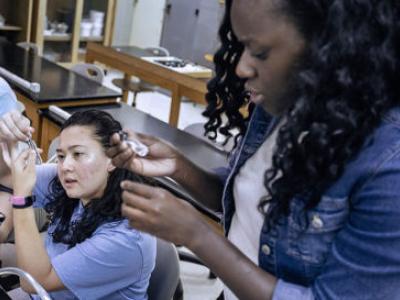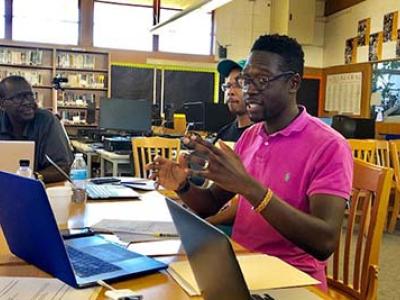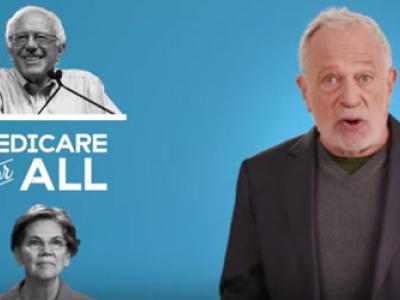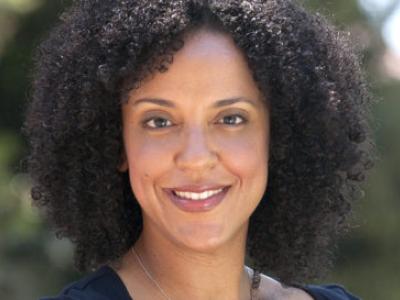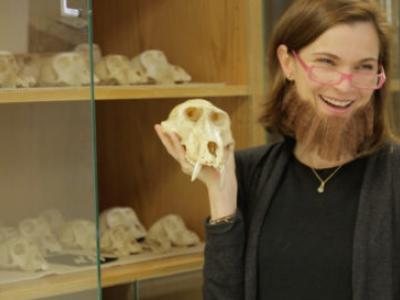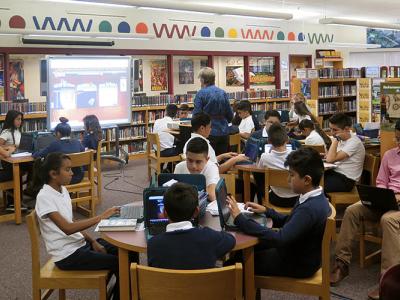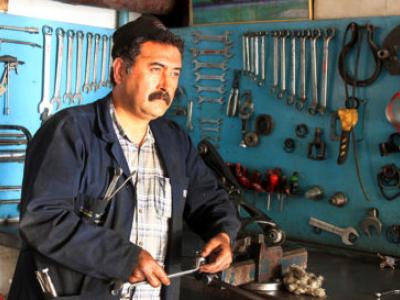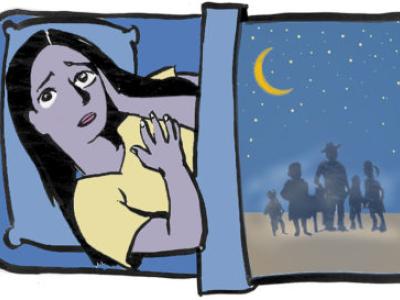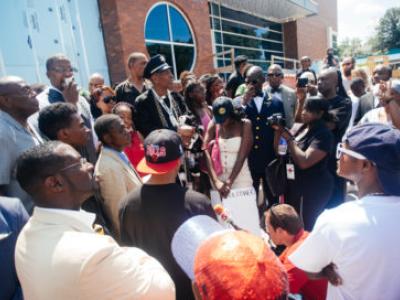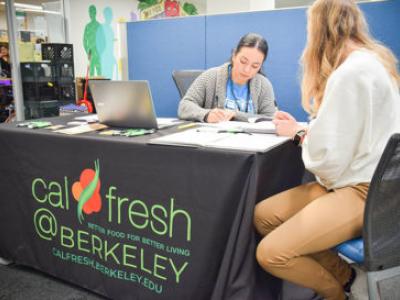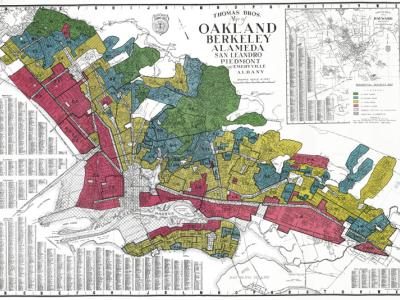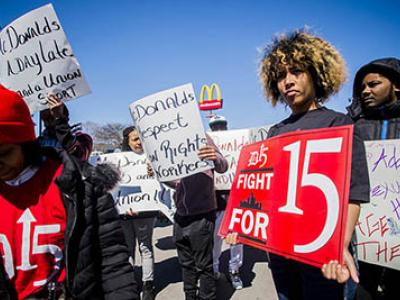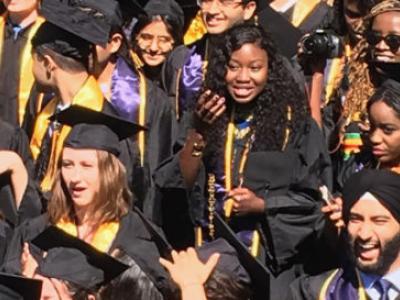This is the stunning cruelty of the U.S. that shocks large portions of the world. Many workers are not just temporarily out of work, but are registering the collapse of their work worlds, the prospect of no paycheck, homelessness, a pervasive sense of being abandoned by the society to which they should rightly belong, says comparative literature and critical theory professor Judith Butler in an interview about the personal and political implications of vulnerability and mourning amid the COVID-19 pandemic. Speaking of vulnerability, she says: "Humans share the air with one another and with animals; they share the surfaces of the world. ... These reciprocal and material modes of sharing describe a crucial dimension of our vulnerability, intertwinements and interdependence of our embodied social life. ... On the other hand, the public response to the pandemic has been to identify 'vulnerable groups' -- those who are especially likely to suffer the virus as a ravaging and life-threatening disease and to contrast them with those who are less at risk of losing their lives from the pathogen. The vulnerable include Black and Brown communities deprived of adequate health care throughout their lifetimes and the history of this nation. The vulnerable also include poor people, migrants, incarcerated people, people with disabilities, trans and queer people who struggle to achieve rights to health care, and all those with prior illnesses and enduring medical conditions. ... For those who are homeless or unemployed, the economic forecast could not look bleaker. Without a working and equitable health care system, the affirmation of health care as a public good and a mandate of government, the unemployed are left to scramble for alternatives to avoid falling ill and dying for lack of care." About mourning, she says: "Learning to mourn mass death means marking the loss of someone whose name you do not know, whose language you may not speak, who lives at an unbridgeable distance from where you live. One does not have to know the person lost to affirm that this was a life. What one grieves is the life cut short, the life that should have had a chance to live more, the value that person has carried now in the lives of others, the wound that permanently transforms those who live on. What someone else suffers is not one's own suffering, but the loss that the stranger endures traverses the personal loss one feels, potentially connecting strangers in grief."

